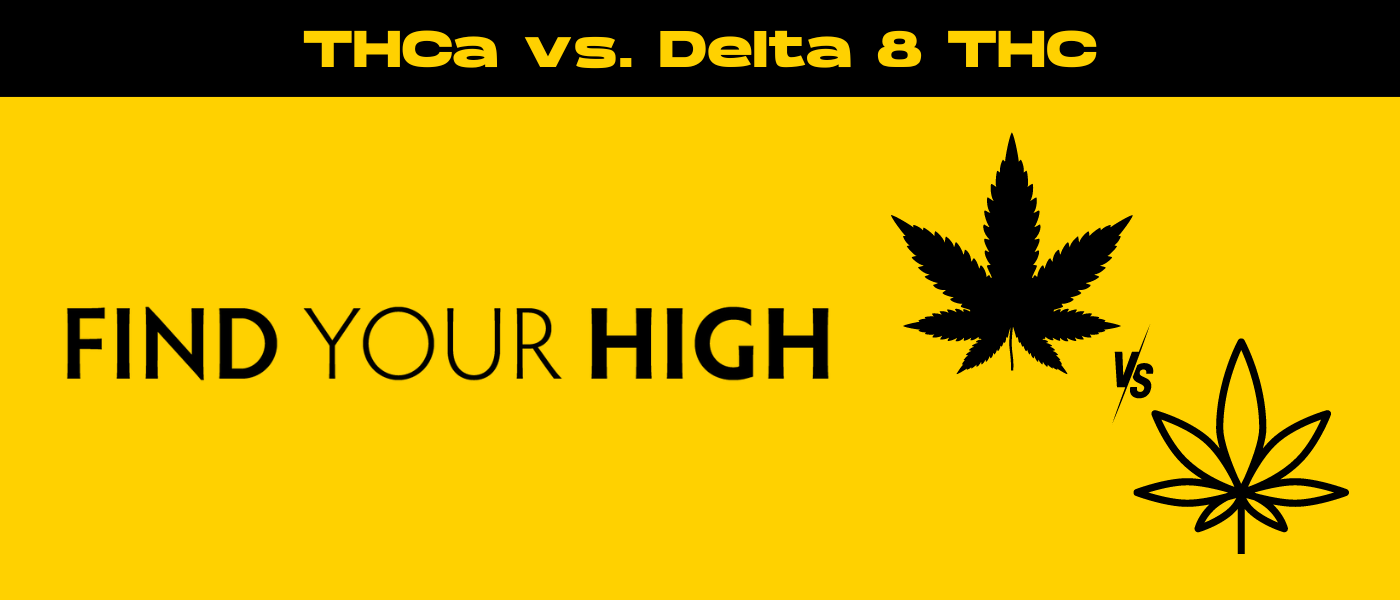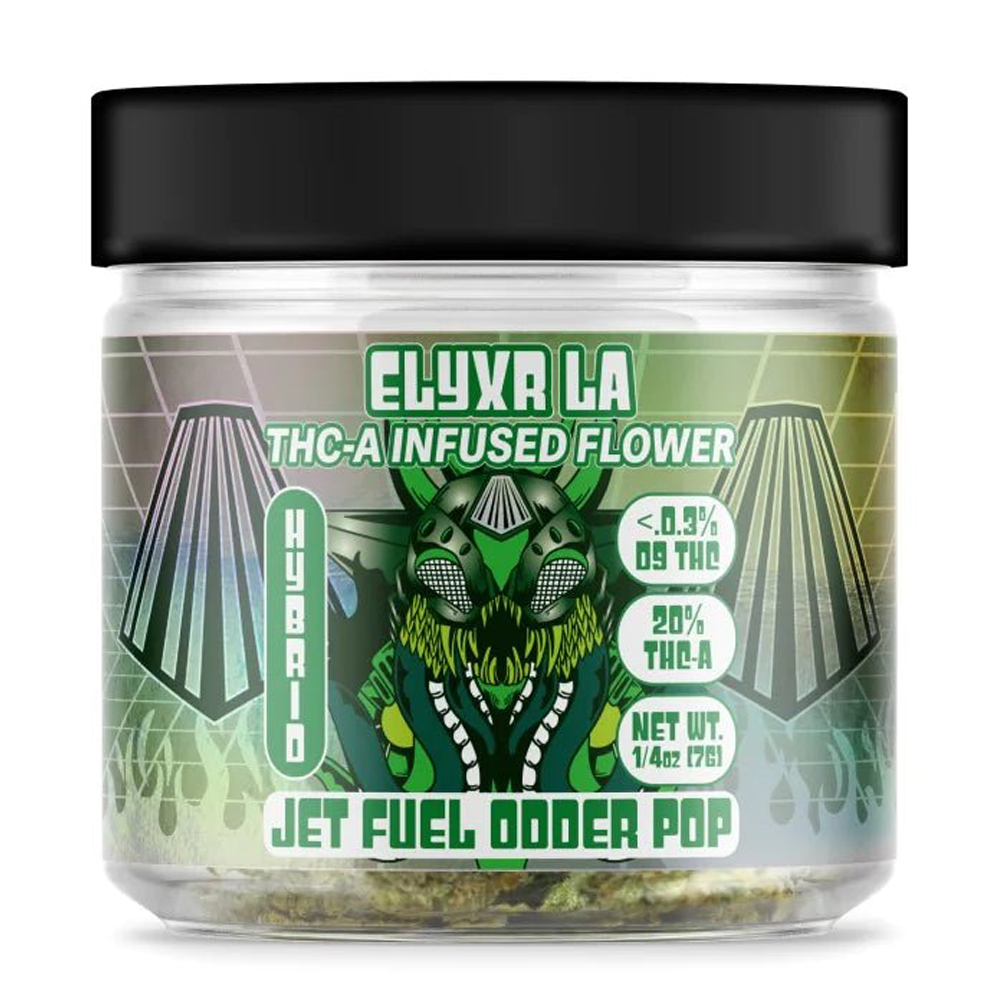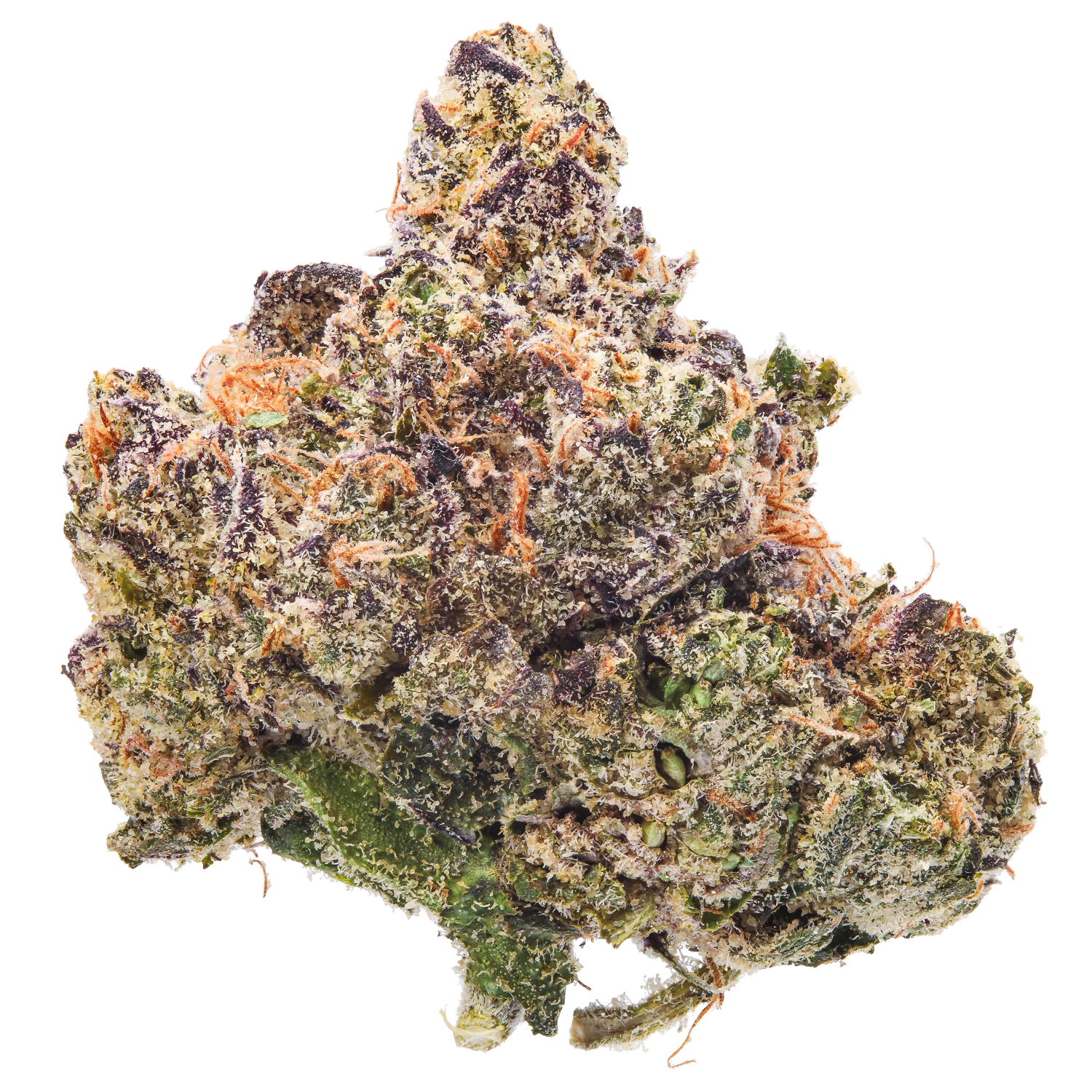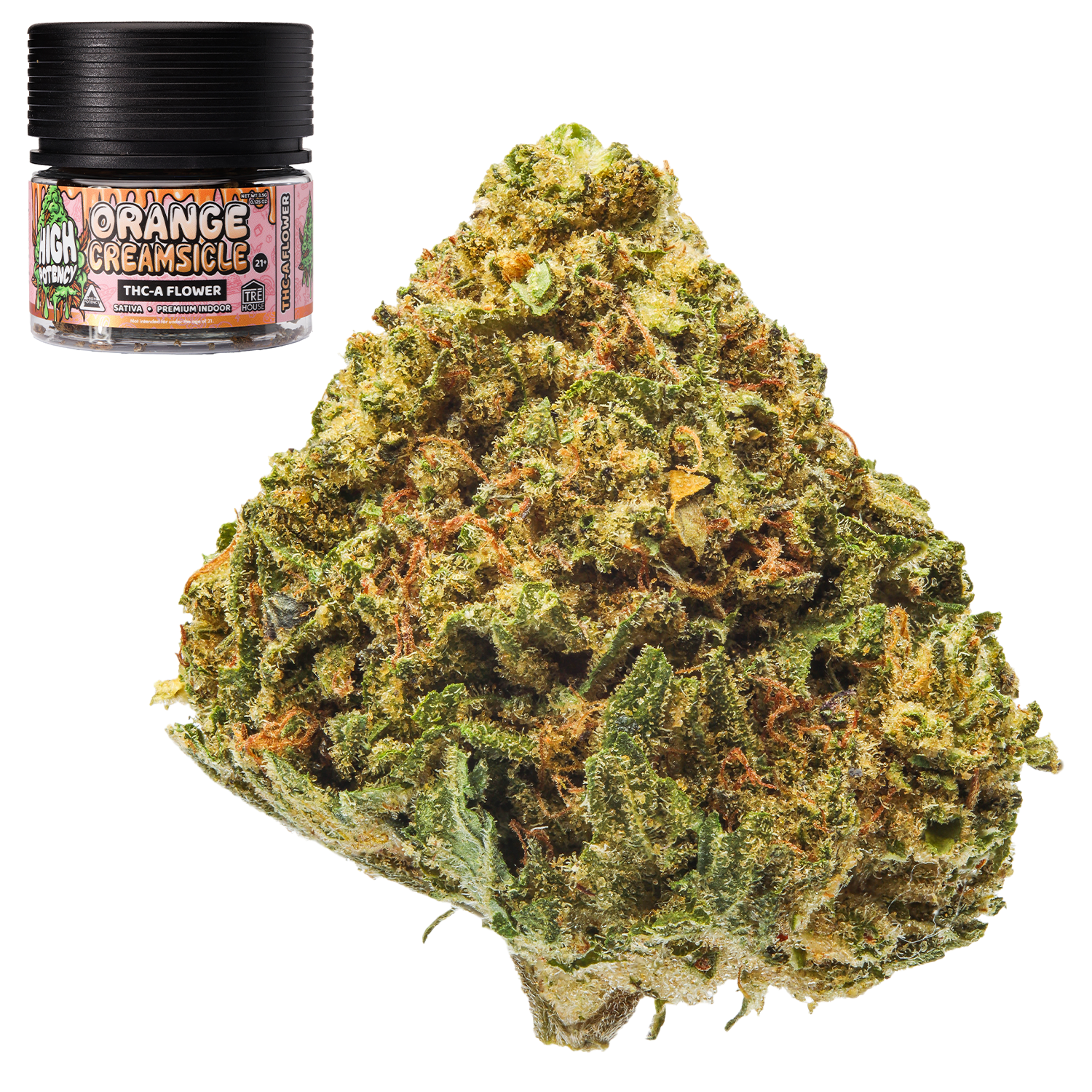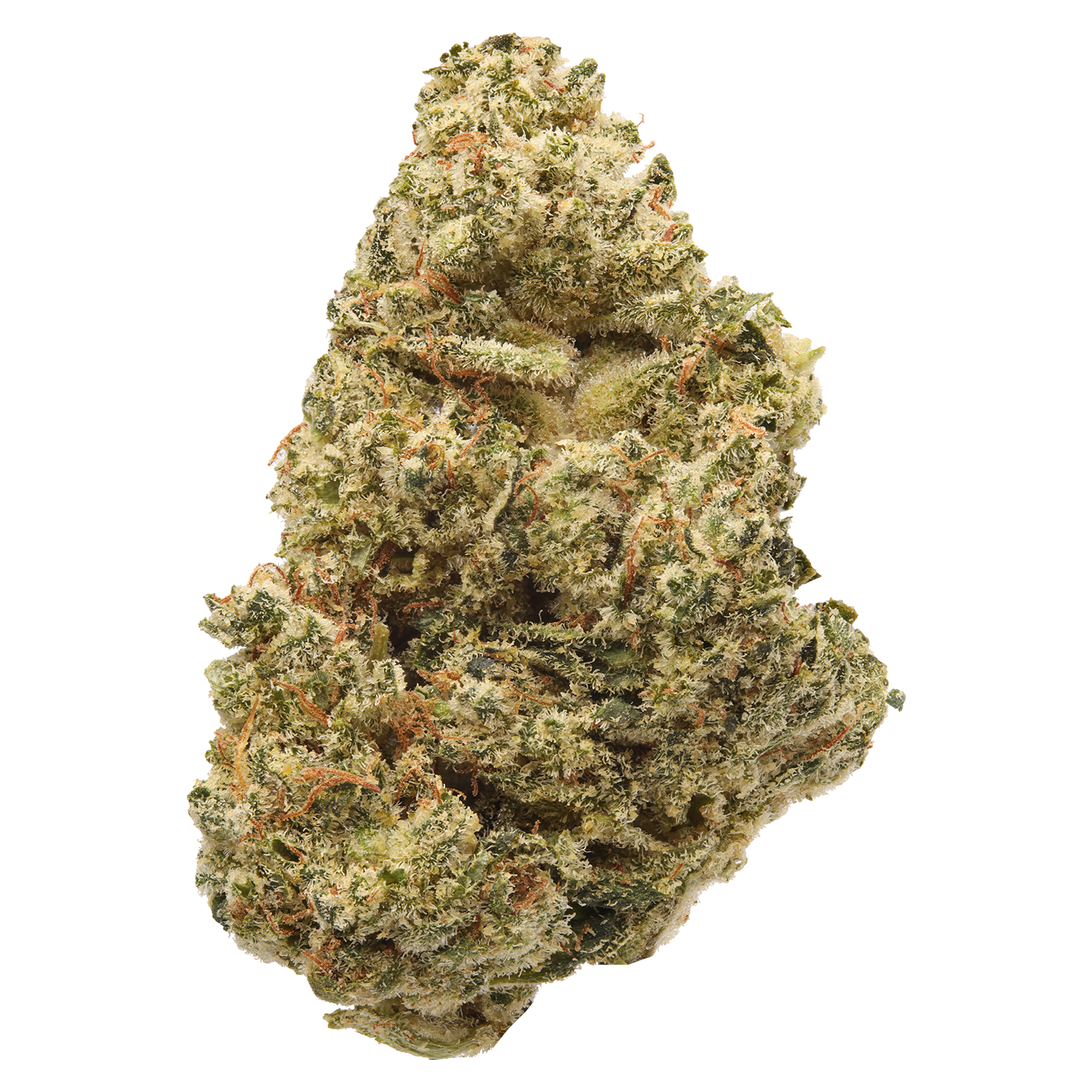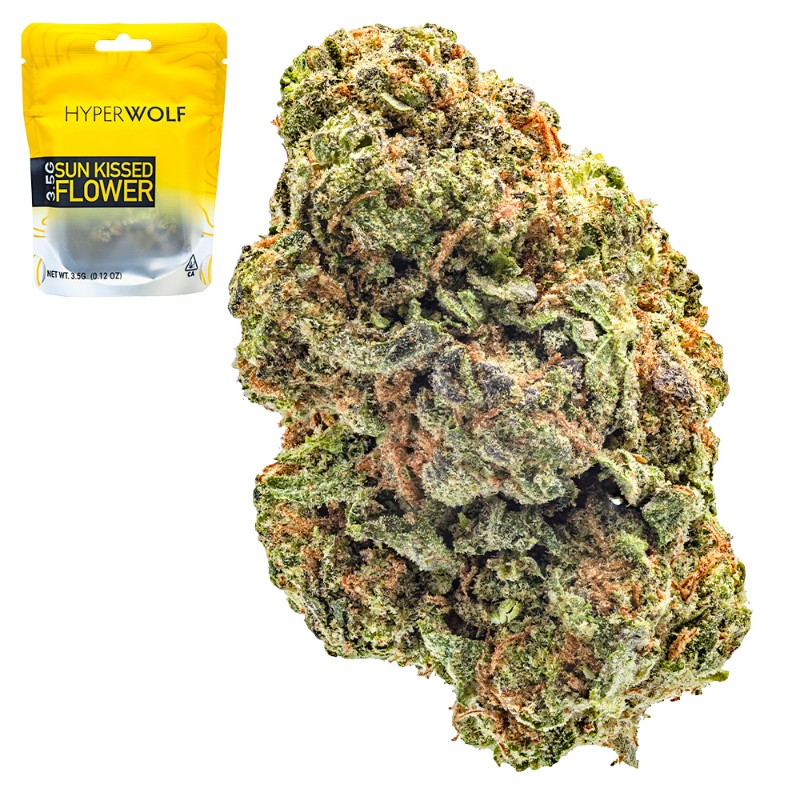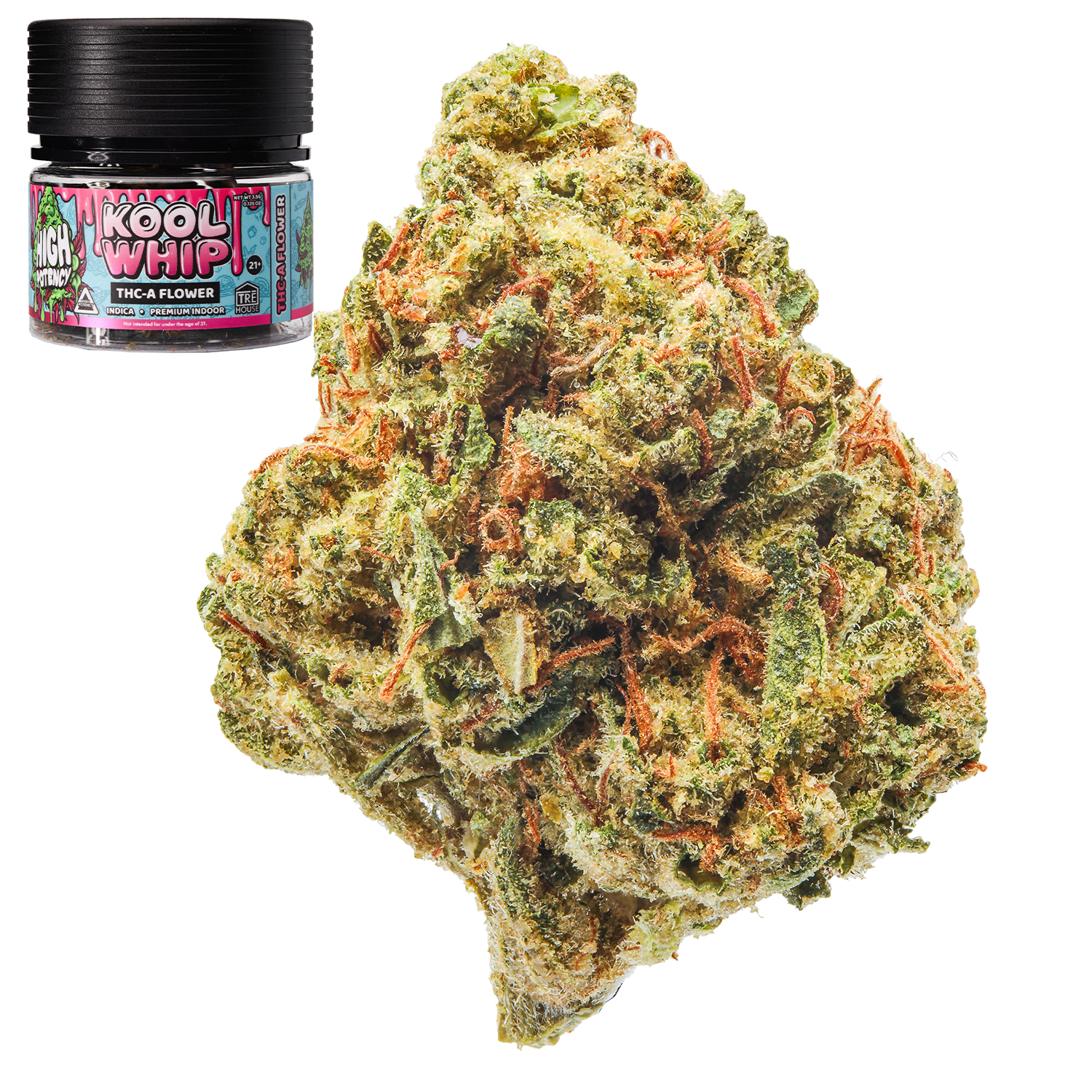When it comes to the world of weed, cannabinoids are the main players everyone seems to be talking about. These compounds, like THCa vs Delta 8, are responsible for the various effects that make your favorite strains so popular, from therapeutic benefits to recreational highs.
Understanding the different hemp-derived cannabinoids is essential because each has unique properties and impacts on the body. That’s why we’re diving into a comparison of two notable ones: THCa and Delta 8. We’ll break down what makes each of these cannabinoids unique, how they work, and what benefits they might offer.
Whether you’re a seasoned cannabis consumer or just curious, knowing the differences can help you make more informed choices. Stick around as we explore their chemical structures, effects, potential benefits, and what all this means for both newcomers and seasoned users alike.
What are Cannabinoids?
Cannabinoids are natural compounds found in cannabis plants that interact with our body’s endocannabinoid system. These compounds, like THC and CBD, play a crucial role in delivering the effects associated with cannabis use. They bind to receptors in the brain and immune system, influencing everything from mood to appetite.
In the cannabis plant itself, cannabinoids serve as a defense mechanism against environmental stressors. Understanding these compounds is key to grasping how different strains of cannabis produce varied effects.
Simply put, cannabinoids are the chemical messengers that make cannabis the powerful plant it is.
Understanding THCa
THCa, or tetrahydrocannabinolic acid, is a non-psychoactive cannabinoid naturally found in raw cannabis plants.
Before cannabis is exposed to heat, THCa is one of the primary compounds present. Its chemical structure includes a carboxyl group making it different from THC, which is the well-known psychoactive component.
THCa boasts several potential health benefits, such as its purported anti-inflammatory and neuroprotective properties. Importantly, THCa doesn’t get you high because it doesn’t bind to the CB1 receptors in the brain.
For those seeking the potential health benefits of cannabis without the psychoactive effects, incorporating THCa might be worth exploring.
Decarboxylation Process
Decarboxylation is a chemical reaction that removes a carboxyl group, transforming THCa into THC, the compound responsible for the “high” associated with cannabis. This process occurs naturally when cannabis is exposed to heat, such as during smoking, vaporizing, or baking.
By converting THCa, decarboxylation activates the psychoactive properties of the plant, making THC available to interact with brain receptors. To experience the full effects of THC, understanding and controlling the decarboxylation process is essential for both recreational and medicinal cannabis users.
What is Delta 8?
Delta 8, short for Delta-8-tetrahydrocannabinol, is a close cousin of the more famous Delta-9-THC. It shares a similar chemical structure but with a slight twist—a difference in the position of a double bond, sitting on the eighth carbon chain rather than the ninth. This small change gives Delta 8 a unique set of effects and benefits.
While Delta 8 occurs naturally in cannabis plants, it’s usually found in much smaller amounts than its psychoactive sibling, Delta 9. To get more of it, manufacturers often synthesize Delta 8 from CBD, using advanced extraction techniques.
As for its effects, Delta 8 offers a milder high, often described as more clear-headed and less anxiety-inducing than Delta 9. This makes it appealing for those who want to enjoy the chill vibes of THC without getting too out there.
Comparison of Effects
When it comes to how THCa and Delta 8 interact with the body, the experiences they provide can vary sharply.
THCa, in its raw form, does not have psychoactive effects, which means consuming it won’t offer the “high” commonly associated with cannabis use. Instead, THCa affects the body by interacting with our endocannabinoid system in a way that supports inflammation reduction and other health benefits without altering perception.
In contrast, Delta 8, though not as potent as Delta 9 THC, provides a milder, more lucid high. This means it has psychoactive properties but is generally considered to produce less anxiety and paranoia, making it a friendlier option for beginners or those who desire a lighter experience.
The critical difference between the psychoactive Delta 8 and the non-psychoactive THCa lies in their ability to interact with CB1 receptors in the brain, where Delta 8’s configuration allows for a more noticeable shift in mood and cognition.
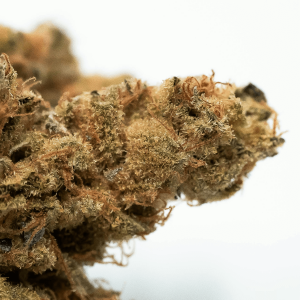
Medicinal Benefits of THCa
- Anti-inflammatory properties: THCa is thought to help reduce inflammation, which can be particularly beneficial for individuals suffering from conditions like arthritis or other inflammatory diseases.
- Neuroprotective benefits: This compound may offer protection for nerve cells, potentially aiding in the prevention of neurodegenerative diseases such as Alzheimer’s.
- Potential in chronic illness management: With its ability to support various body systems without psychoactive effects, THCa holds promise for long-term management of chronic conditions without impairing daily function.
Medicinal Benefits of Delta 8
- Anti-anxiety effects: Delta 8 is reputed for providing calming effects, which can help alleviate symptoms of anxiety and promote relaxation without leading to sedation.
- Appetite stimulation: Just like its cousin Delta 9, Delta 8 can increase appetite, offering a valuable tool for individuals dealing with appetite loss from illness or treatments like chemotherapy.
- Pain relief: Known for its potential analgesic properties, Delta 8 can assist in pain management, providing relief for those suffering from chronic pain conditions without the intensity of Delta 9.
Legal Status of THCa
When it comes to the federal legal status of THCa, it remains somewhat ambiguous. As THCa is non-psychoactive, it isn’t directly regulated by federal law; however, it can be converted into THC, a federally controlled substance, under the Controlled Substances Act.
The legality of THCa varies widely by state. Some states have embraced cannabis products, allowing for the legal use of THCa, especially for medicinal purposes, while others remain more restrictive. This patchwork of state laws necessitates understanding local regulations if considering the use of THCa products.
Legal Status of Delta 8
The legal landscape for Delta 8 is a bit of a gray area on a federal level. Although derived from legal hemp, Delta 8’s psychoactive properties have prompted scrutiny, leading to pending federal regulations that could impact its status.
State-level laws for Delta 8 differ markedly, with some states explicitly legalizing it and others banning it over concerns regarding safety and psychoactivity. Consequently, consumers and businesses alike must stay informed about current regulations within their specific states to ensure compliance when using or selling Delta 8 products.
Market Trends
The cannabis market is witnessing a surging interest in THCa as its non-psychoactive benefits become widely recognized. As consumers become increasingly health-conscious, the demand for THCa-based products is on the rise, particularly among those seeking natural remedies for inflammation and chronic illness management without prescription medications.
With more research highlighting THCa’s potential, its market presence is expected to grow significantly.
Meanwhile, Delta 8 products are gaining traction due to their unique position between being moderate and offering psychoactive benefits. The appealing middle ground Delta 8 provides—offering relaxation without the overpowering high of Delta 9 THC—makes it an attractive option for those new to cannabis and those looking for a milder experience.
This growth is driven by both increased consumer interest and expanding product offerings, such as edibles, tinctures, and vape cartridges, that cater to a diverse audience seeking alternative wellness solutions.
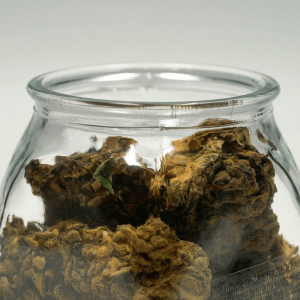
Consumer Demographics
THCa usage predominantly attracts a demographic seeking holistic health benefits without the psychoactive effects traditionally associated with cannabis. Many THCa users are individuals looking to incorporate natural supplements into their lifestyle to manage pain or chronic conditions without altering their daily functionality.
On the other hand, Delta 8 appeals to a more varied audience. It includes individuals who desire a subtle psychoactive experience, potentially lessening anxieties tied to traditional cannabis use.
Among these users, many are first-time cannabis consumers or those seeking a more controlled and less intense experience, making Delta 8 an attractive choice for both relaxation and minor pain relief.
Safety Profiles
When it comes to safety, both THCa flower and Delta 8 have their own sets of known adverse reactions. While THCa is non-psychoactive and generally considered safe for consumption, some users may experience minor side effects such as dry mouth or fatigue. On the other hand, Delta 8, due to its psychoactive nature, can lead to mild euphoria, dry mouth, and eyes, and in some cases, feelings of anxiety or paranoia if taken in higher doses.
When comparing safety data, THCa is often seen as the safer option because it doesn’t possess the psychoactive properties that can lead to mental distress. However, Delta 8’s milder effects compared to Delta 9 THC make it a safer alternative for those seeking psychoactive relief without the intense high.
THCa vs Delta 8 in Cannabis Edibles
Edibles offer a palatable way to consume both THCa and Delta 8, with options ranging from gummies to chocolates. THCa edibles are favored by those seeking therapeutic benefits without the high, allowing them to enjoy potential anti-inflammatory effects among other health benefits.
Consumer experiences often highlight the subtle calming effects and absence of psychoactive sensations with THCa-infused edibles, making them a good choice for regular daytime use.
In contrast, Delta 8 edibles are popular for a gentle psychoactive experience that many consumers find relaxing and slightly euphoric. Users appreciate these edibles for their ability to unwind and manage minor pain or stress without feeling overwhelmed, thus offering a middle path for those wanting some psychoactive impact.
THCa vs Delta 8 in Tinctures
Tinctures have gained popularity due to their versatility and ease of use. THCa tinctures are sought after for their non-psychoactive properties, appealing to those who want to manage inflammation or chronic pain naturally. These tinctures can be easily added to foods or consumed directly, providing a customizable dosage approach that suits individual needs.
Delta 8 tinctures also enjoy popularity, especially among consumers looking for a moderate psychoactive experience. They are ideal for those interested in a sense of calm and relaxation, offering potential benefits such as mild pain relief.
Both THCa and Delta 8 tinctures deliver these effects in a discreet and straightforward format, but the psychoactive properties of Delta 8 make it stand out for those who wish to experience a slight buzz along with its health benefits.
THCa vs Delta 8 for Recreational Use
Exploring the realm of recreational cannabis or hemp use, THCa and Delta 8 are becoming popular choices, each catering to different user preferences. THCa is favored by those who appreciate the non-psychoactive nature while still enjoying potential health benefits. Many users report a sense of calm and well-being without the high, which makes it an appealing option for those looking to unwind naturally.
Delta 8, on the other hand, is cherished for providing a mild, uplifting experience that can be both relaxing and slightly euphoric. This moderate psychoactive buzz has attracted a wide range of consumers seeking low-key recreation away from the intense effects of Delta 9 THC.
User experiences often highlight Delta 8’s ability to ease social interactions and provide a mellowed-out ambiance. Feedback from users suggests that both THCa and Delta 8 serve unique recreational needs, offering something for everyone in the cannabis world.
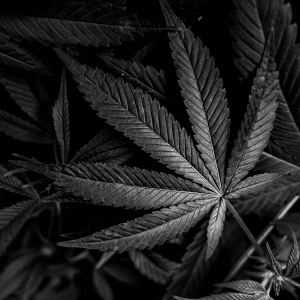
Future Research Areas
As interest in THCa and Delta 8 continues to rise, there are clear gaps in our understanding that warrant further research. More studies are needed to thoroughly explore the long-term effects and potential therapeutic benefits of both compounds.
Promising areas for future study include the efficacy of THCa in managing chronic conditions and how Delta 8 might serve as a safer alternative for users seeking mild psychoactive experiences. These insights could pave the way for more informed consumer choices and innovative product developments.
Industry Challenges
Navigating the recreational and medical cannabis industry is no easy feat, with regulatory hurdles presenting significant challenges. Companies face complex and ever-changing legal frameworks that vary from region to region, complicating product compliance and market expansion.
Alongside these legal issues, supply chain disruptions pose another headache for the industry. Fluctuating availability of raw materials can lead to inconsistent product quality and increased production costs.
Manufacturers are constantly seeking ways to stabilize supply chains to ensure a steady flow of safe, reliable hemp-derived products to meet consumer demand.
Sustainability Considerations
When examining the sustainability of THCa and Delta 8 production, it’s essential to consider their environmental impact and ethical cultivation practices.
The production of these compounds requires careful handling to minimize ecological footprints, such as energy use and waste management. Eco-friendly cultivation practices, like using organic farming methods and reducing pesticide use, play a critical role in ethical production.
Additionally, sustainable sourcing ensures that hemp crops are grown responsibly, promoting biodiversity and soil health. By prioritizing sustainability, the industry can contribute positively to the environment while offering consumers ethically produced products.
Conclusion
In summary, both THCa and Delta 8 present unique benefits and challenges. THCa offers therapeutic potential without psychoactive effects, making it ideal for those seeking natural relief, while Delta 8 will induce psychoactive effects with potential for relaxation and stress relief.
Understanding the nuances of each compound, including their safety profiles and consumption methods, empowers consumers to make informed choices tailored to their needs. As both these compounds continue to gain traction, staying informed about emerging research and sustainable practices becomes even more crucial.
Ultimately, thoughtful consideration of personal goals and safety helps consumers navigate the growing world of cannabis derivatives confidently.
Frequently Asked Questions
1. Which is stronger, Delta 8 or THCa?
When it comes to potency, it’s important to remember that Delta 8 and THCa serve different purposes. Delta 8 produces a milder psychoactive experience compared to Delta-9 THC, whereas THCa is non-psychoactive until it converts to THC through heat. Users looking for a calming and slightly euphoric effect might find Delta 8 to be “stronger” in terms of noticeable effects.
2. Does THCa cause a high?
THCa does not cause a high in its raw form. It needs to be heated or decarboxylated to convert to THC, which is the compound responsible for the psychoactive effects. Consuming raw THCa offers potential medicinal benefits without the high associated with THC.
3. Is THCa the same as Delta-9?
No, THCa and Delta-9 are not the same, though they are related. THCa is the acidic precursor to Delta-9 THC. Upon heating, THCa loses its carboxyl group and becomes Delta-9 THC, which is well-known for its psychoactive effects.
4. Is THCa stronger than HHC?
The comparison between THCa and HHC is less about strength and more about their different roles. THCa is non-psychoactive, while HHC is a hydrogenated form of THC, which might have milder psychoactive effects. The “strength” largely depends on what effects you are looking for, whether it’s therapeutic benefits without euphoria from THCa or a gentle buzz from HHC.




